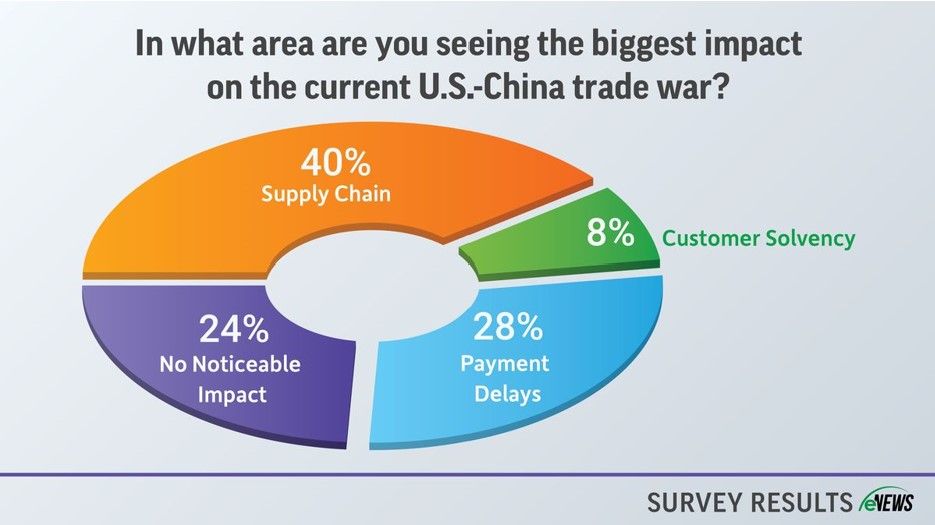Construction, eNews
Understanding personal guarantees in construction credit
A personal guarantee, a legal commitment where an individual pledges to cover the business’s debts if the loan defaults, has become a significant tool in the credit industry.

A personal guarantee, a legal commitment where an individual pledges to cover the business’s debts if the loan defaults, has become a significant tool in the credit industry.
- By facilitating lending and financial transactions, it provides additional assurance to creditors.
- Most notably in construction credit, personal guarantees have become part of the credit application.
Why it matters: Grasping the significance of a personal guarantee is vital as it boosts creditworthiness and trust in finance and is now essential in sectors like construction for credit applications.
Typically, a personal guarantee (PG) is required for Small Business Administration (SBA) loans and many online and traditional loans. But even if a business is creditworthy and meets all business loan requirements, a lender (or creditor) will often want extra assurance that they will fulfill their financial obligations.
If a business fails to keep up with loan payments and the creditor starts to enforce the personal guarantee clause, it could trigger financial repercussions and potentially lead to a court case. If the business can’t cover expenses, the creditor can initiate legal action to seize personal assets for debt repayment.
Cross-corporate guarantee
A PG is not to be confused with a cross-corporate guarantee—an arrangement between two or more related companies to provide a guarantee to each other’s obligations. This guarantee is mostly made between companies trading under the same group or between a parent company and its subsidiaries.
What they’re saying: “Credit professionals are able to go after the principal owners of the company or whoever signs that personal guarantee, personally for the money,” said Chris Ring of NACM’s Secured Transaction Services (STS). “That’s why when the customer signs a credit application, there’s a separate part for a personal guarantee.”
Isaac Kotila, credit support manager at Insulation Distributors Inc. (Chanhassen, MN), says that his department uniquely uses a stand-alone personal guarantee within a stand-alone credit application. “After the customer agrees to our terms and conditions, our warranty information and signs on our credit application, they need to look at the PG section and sign that too,” he said. “Depending on the organization, there will be some pushback on the PG because they don’t want to risk losing their personal assets. But if we aren’t confident in their ability to pay, we’re most likely not going to do business with them.”
For larger organizations, whether that’s a corporation with multiple entities involved or a board that oversees the whole business, Kotila can work around the PG as it isn’t applicable to how the customer’s business is structured. “But for the most part, we look at a personal guarantee as a guarantee for payment,” he said.
The bottom line: Personal guarantees provide extra assurance to creditors—boosting trust in finance, particularly within sectors like construction; however, they carry potential financial risks if loan payments are not met.





